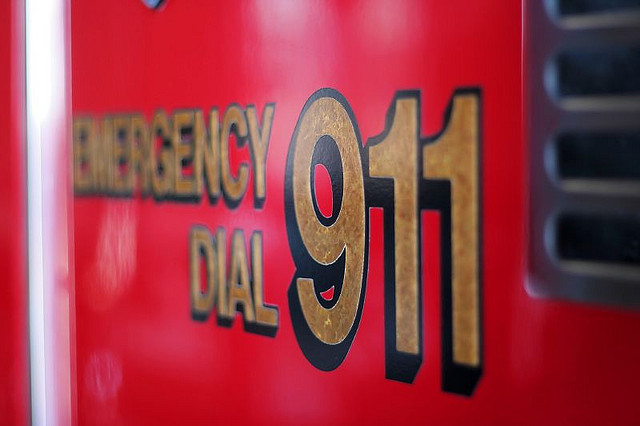Can We Engineer Our Way Out Of Catastrophic Climate Change?
As the effects of climate change become increasingly obvious, ideas once thought of as radical are becoming part of the mainstream debate. Cristopher Flavelle of the New York Times explains the promise and perils of geoengineering.


